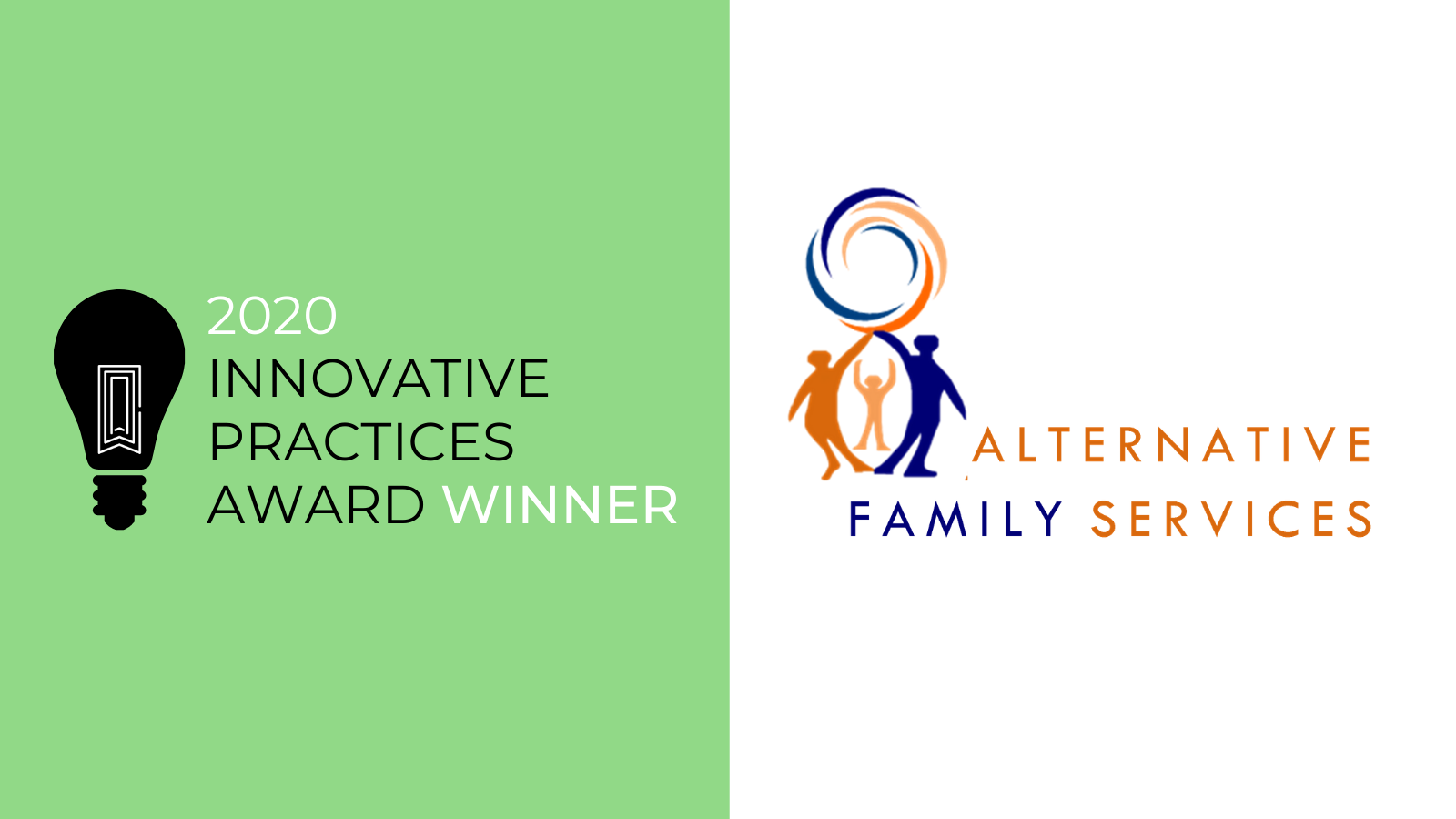Community
Healthy Aging: Multi-Generational Families and the Role of Grandparent Caregivers in 2020
2020 has been a year of unexpected challenges for many organizations, communities, and individuals. One segment of the population that has been highly impacted by the challenges of the current pandemic is the older generation in the US. We know this pandemic has impacted this group because not only are they at “high-risk” for more severe medical outcomes if they become ill, but also older adults, specifically discussed here grandparents in caregiving roles and their multi-generational families, have been impacted by the economic and social challenges we are facing in unique ways. In addition to the generational complexities, we know the wide disparities in health outcomes associated with race, ethnicity, and socioeconomic factors intersect with age to create a higher risk for some individuals and families than others. In light of Healthy Aging Month in September, we highlight ways in which many individuals in this demographic who often function as formal or informal caregivers have been challenged this year and ways in which we can hope to provide support.
Situational snapshot
We know that the pandemic has had a significant impact on families and specifically multi-generational relationships and households. These households often have members that are considered high-risk, including older individuals. In cases where grandparents had been formally or informally providing critical support to their children and grandchildren, these months have brought unique challenges and difficult choices.
To get a sense of the scope, over seven million children in the United States live in households headed by grandparents or other relatives. Before the pandemic, over 2.5 million grandparents reported that they were responsible for their grandchildren’s needs. In addition, one out of four children under 5 years old are looked after by grandparents while parents attend work or school. Out of these grandparent caregivers, one-fifth (21%) live at or below the poverty level. We’ve written about the relationship between the child welfare system and the opioid epidemic in the past, and the strain this has put on the already taxed system as well as individual caregivers. As might be expected, research from the Census Bureau has also found a correlation between the rise in the opioid crisis and the number of grandparents raising grandchildren.
In recent months, many of these grandparent caregiving roles have shifted significantly. Some families have had to rely on extended family networks, often including grandparents, for caregiving, with school and childcare settings closed for months. Those that were already providing care have often taken on more challenging roles as the caregiving hours expand from after-school and homework help to full-day caregiving responsibilities, with duties of not only supervision but also homeschooling. Other families have not been able to rely on those supports they counted on previously, out of caution or concern about exposure for those individuals categorized as high-risk. With that, some grandparents have been isolated from family members, sometimes for months at a time. The balance of months of trying to achieve social distancing, or at least physical distancing, while being mindful of the significant impact of isolation on mental health has been something that each family has had to navigate as well. And with back-to-school season upon us, families face the uncertainties of a new school year ahead, trying to balance the challenges and competing needs of the well-being of all family members, with no easy answers.
It’s critical to note also that this crisis has not impacted all older adults in the same way, but has exacerbated many existing systems of inequality in our society along the lines of age, race, and socioeconomic status. Not everyone is at equal risk. The strain that this pandemic has put on older adults and families already struggling with poverty, access to resources, childcare, and opportunity has been exacerbated this year as well.
What we can do
We know that the challenges are great and, in many ways, unprecedented. Many individuals and organizations have sprung into action, and many may still be asking what they can do. At an individual level, Generations United has developed a comprehensive COVID-19 Fact Sheet for Grandfamilies and Multigenerational Families that contains relevant resources for grandparents and children, including crisis hotlines, COVID-19 information, and assistance program information.
In response to this crisis, many social service organizations have drastically and rapidly shifted their service delivery in many ways that may have previously been unimaginable. While the social service sector is already taxed in so many ways, organizations have been assisting by repositioning themselves and adapting their service models to support caregivers and families in new ways, including supply assistance, as in the case described here. Organizations have also in many cases quickly adjusted their service delivery models to provide a higher level of virtual support for caregivers through the use of technology (friendly reminder, COA has standards for that!).
At a macro level, The Center for the Study of Social Policy has published this informative brief that discusses challenges faced by a range of kinship caregivers who may need supports during the pandemic. It offers recommendations for steps we can take to address these challenges at a policy level.
We know there are many others providing support and resources to those in need. How has your organization or community responded? What other resources have you found helpful or are you seeking as an individual or provider to support the well-being of this population? For Healthy Aging Month and Back-to-School season, please share in the comments below as we continue to seek ways to partner with the human and social service community to address these challenging circumstances.



